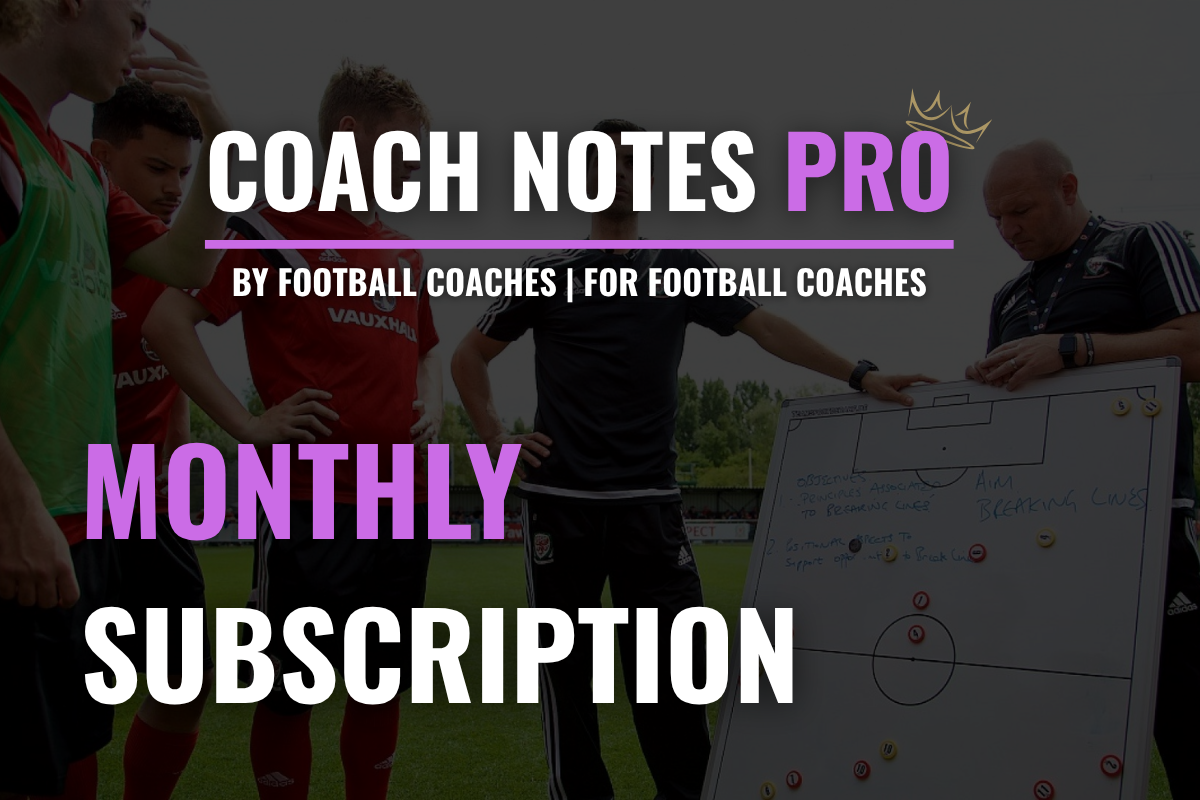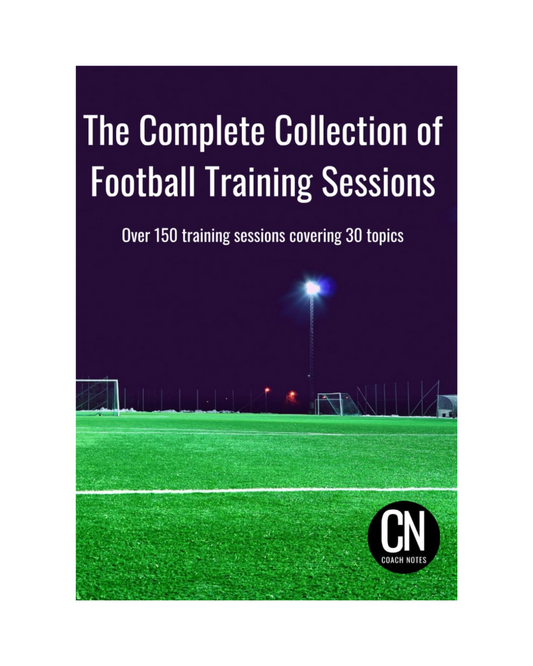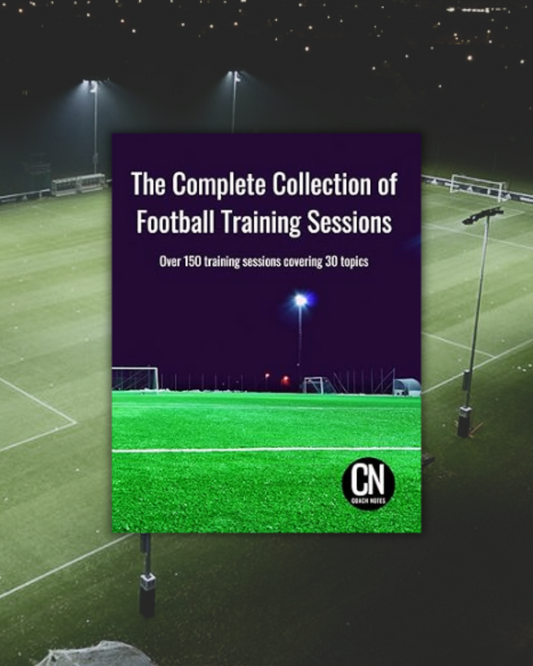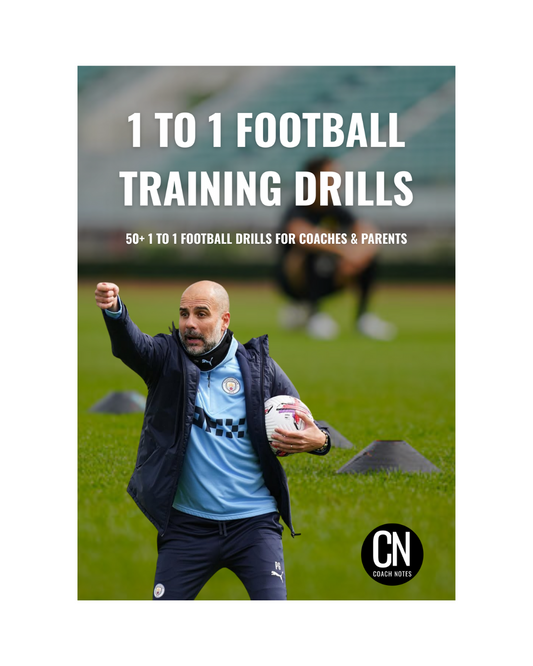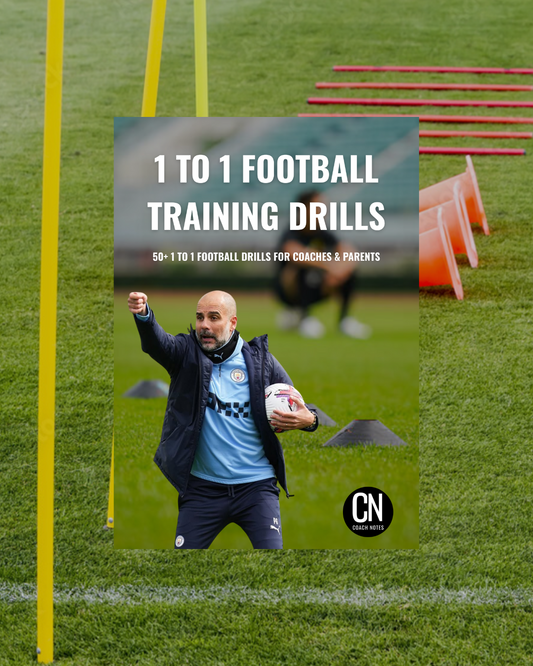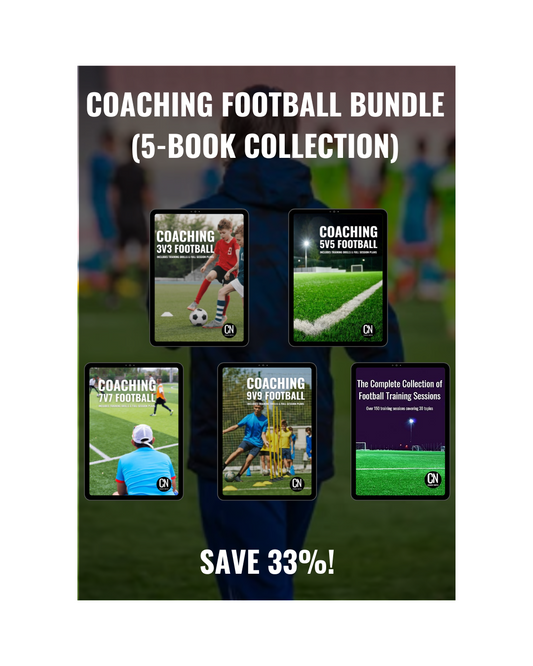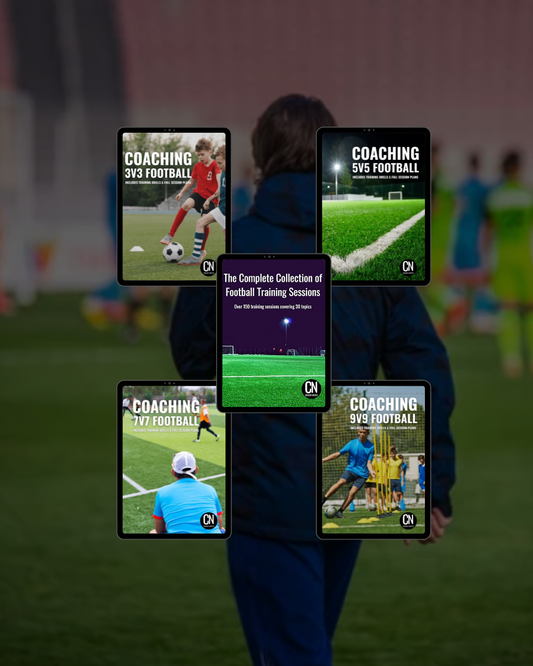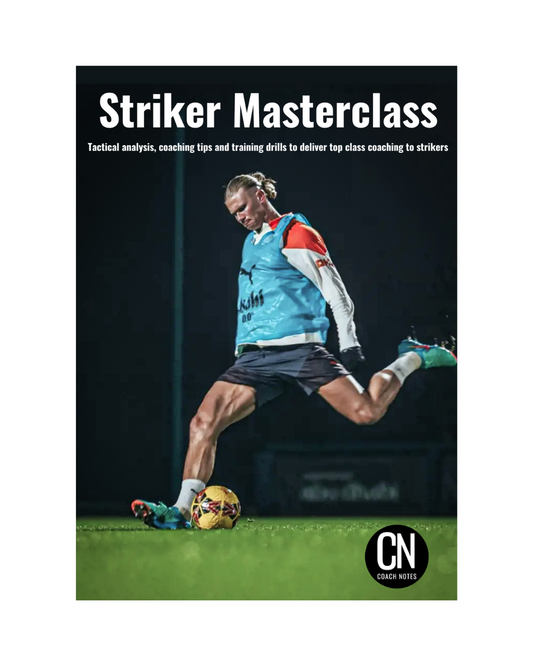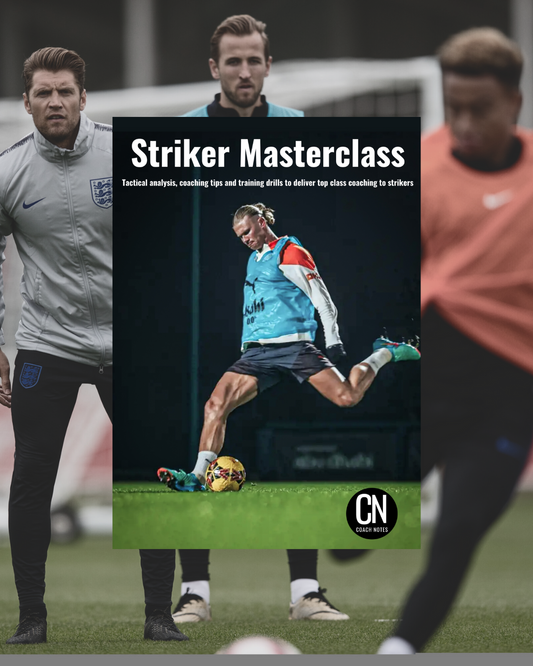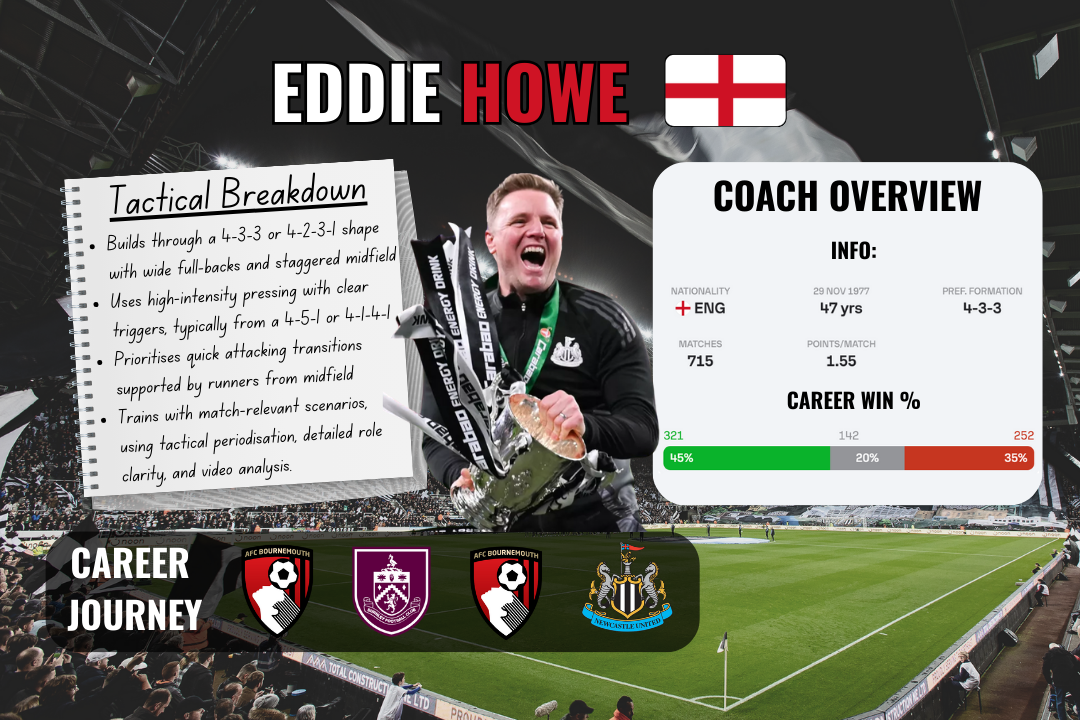
Eddie Howe
Share
👤 Coach Bio
Eddie Howe is one of the Premier League's most respected modern English coaches. His coaching journey began with AFC Bournemouth, where he took charge at just 31 years old. Howe inherited a team threatened by relegation from League Two and guided them to the Premier League within six seasons, building a reputation for progressive football and tactical intelligence.
After a short break from management following Bournemouth’s 2020 relegation, Howe returned to coaching with Newcastle United in November 2021. Taking over a team in the relegation zone, he sparked a dramatic turnaround. In just over a season, Newcastle reached the League Cup Final and qualified for the UEFA Champions League, re-establishing themselves as one of England's elite under his leadership.
⚽️ Playing Philosophy
Eddie Howe’s core philosophy is built around proactive football. He believes in front-foot, possession-based play, structured pressing, and high-tempo transitions. His sides aim to control games with intensity both with and without the ball.
While not dogmatic about possession percentages, Howe places strong emphasis on ball security, positional structure, and attacking patterns designed to penetrate through overloads and clever rotations. The ultimate goal is to dominate territory and momentum, not just keep the ball.
Defensively, he promotes collective responsibility, compactness, and aggressive pressing from the front. His tactical evolution at Newcastle has shown a flexibility that adapts to squad profile and opponent, but the core principles remain: intensity, control, and detail.
🔍 Style of Play
In Possession
Howe’s Newcastle often play in a 4-3-3 or 4-2-3-1 shape. In possession, they build from the back with a double pivot or staggered midfield and use wide rotations to progress.
- Build-up begins with the goalkeeper and centre-backs who are encouraged to circulate the ball patiently, inviting pressure to open space.
- Full-backs offer width, with fullbacks often acting as a deep playmaker or may invert/underlap depending on the phase.
- Midfielders are tasked with controlling the tempo. Bruno Guimarães typically drops to link play while others stretch vertically to break lines.
- Wide forwards hold width and look to isolate full-backs, while the striker drops to combine or spin behind. Interchanging positions between the forward three is common.
The final third play involves structured patterns, including third-man runs, overlaps, and cutbacks from wide areas. Set-pieces are another strong attacking tool, with Howe’s coaching staff dedicating significant preparation to restarts.
Out of Possession
Out of possession, Newcastle are aggressive and well-organised. They defend primarily in a 4-5-1 or 4-1-4-1 mid-to-high block, with an emphasis on pressing triggers.
- Pressing starts from the front, with the centre-forward initiating and wingers blocking inside lanes to funnel play wide.
- Midfield compactness is key – players work in unison to protect the central corridor.
- The team shows strong ball-orientation, pressing in groups and recovering behind the ball quickly when bypassed.
- Against strong opponents or when leading, they can drop into a more structured mid-block but maintain compact vertical distances.
Transitional Moments
Howe’s approach to transitions is one of the most refined in the Premier League.
- Attacking transitions are swift and purposeful. Once the ball is won, Newcastle seek to progress vertically through central or wide outlets.
- Defensive transitions rely on an immediate counter-press. If the first wave fails, the team quickly retreats into shape, often sacrificing pressure for positional security.
The balance between press and protect defines Howe’s transition model – risk-aware but ambitious.
🧠 How to Coach Like Eddie Howe
Eddie Howe’s coaching is meticulous and player-centred. He fosters tactical intelligence through repetition, video analysis, and scenario-based training.
- Detailed Periodisation: Howe designs training weeks around tactical themes (e.g. build-up under pressure, final-third entries, counter-pressing), ensuring players get high reps in context.
- High-Intensity Sessions: His drills are performed at match tempo, with constant feedback on body shape, timing, and decisions.
- Video & Data Use: Players are shown team and individual clips to reinforce tactical cues. Statistical feedback is used to support coaching points, not replace them.
- Individual Role Clarity: Each player understands their tactical role, expected movements, and decision-making windows. Small group coaching reinforces this detail.
- Culture & Standards: Howe places strong emphasis on attitude, work ethic, and consistency in training habits.
To coach like Howe, plan with tactical purpose, coach with clarity, and create a culture where intensity and detail are non-negotiable.
👥 Player Profiles
Howe values tactically intelligent, athletic, and adaptable players. While technical ability is important, work rate, decision-making, and mentality are non-negotiables.
- Centre-backs must be composed in possession, quick across the ground, and aerially dominant.
- Full-backs play a hybrid role – able to cross early, support build-up, and recover defensively.
- Midfielders require versatility. One acts as a deep controller, another as a vertical runner, and one as a link player with pressing duties.
- Wide forwards are direct and mobile. Barnes and Gordon, for example, offer pace, 1v1 ability, and pressing energy.
- Strikers must link play and threaten in behind. Isak and Wilson excel in both areas.
Howe doesn’t demand superstars – he demands players who execute roles with intensity and discipline.
🔑 Key Takeaways for Coaches
- Coach transitions as core moments – both attacking and defensive transitions define modern football and must be rehearsed with clear principles.
- Prioritise intensity in training – sessions should reflect the speed and demands of the match.
- Use video effectively – reinforce tactical understanding visually, with simple messages linked to game scenarios.
- Design tactical periodisation – structure your week around specific game moments and ensure training aligns with match plans.
- Build a player-first culture – Howe’s teams reflect his attention to player growth, clarity of roles, and emotional connection to the group.

